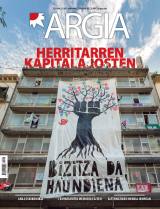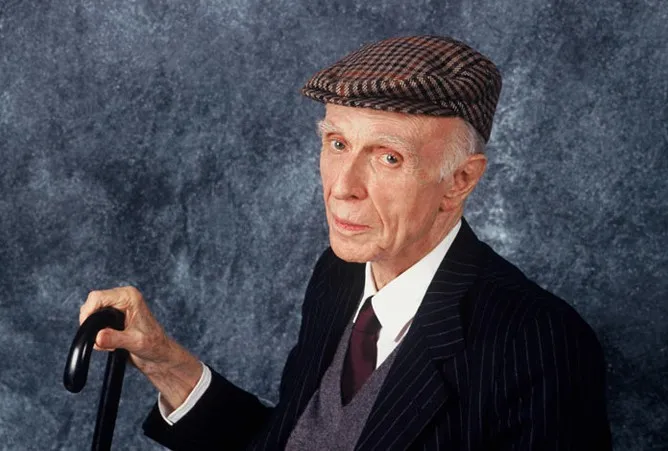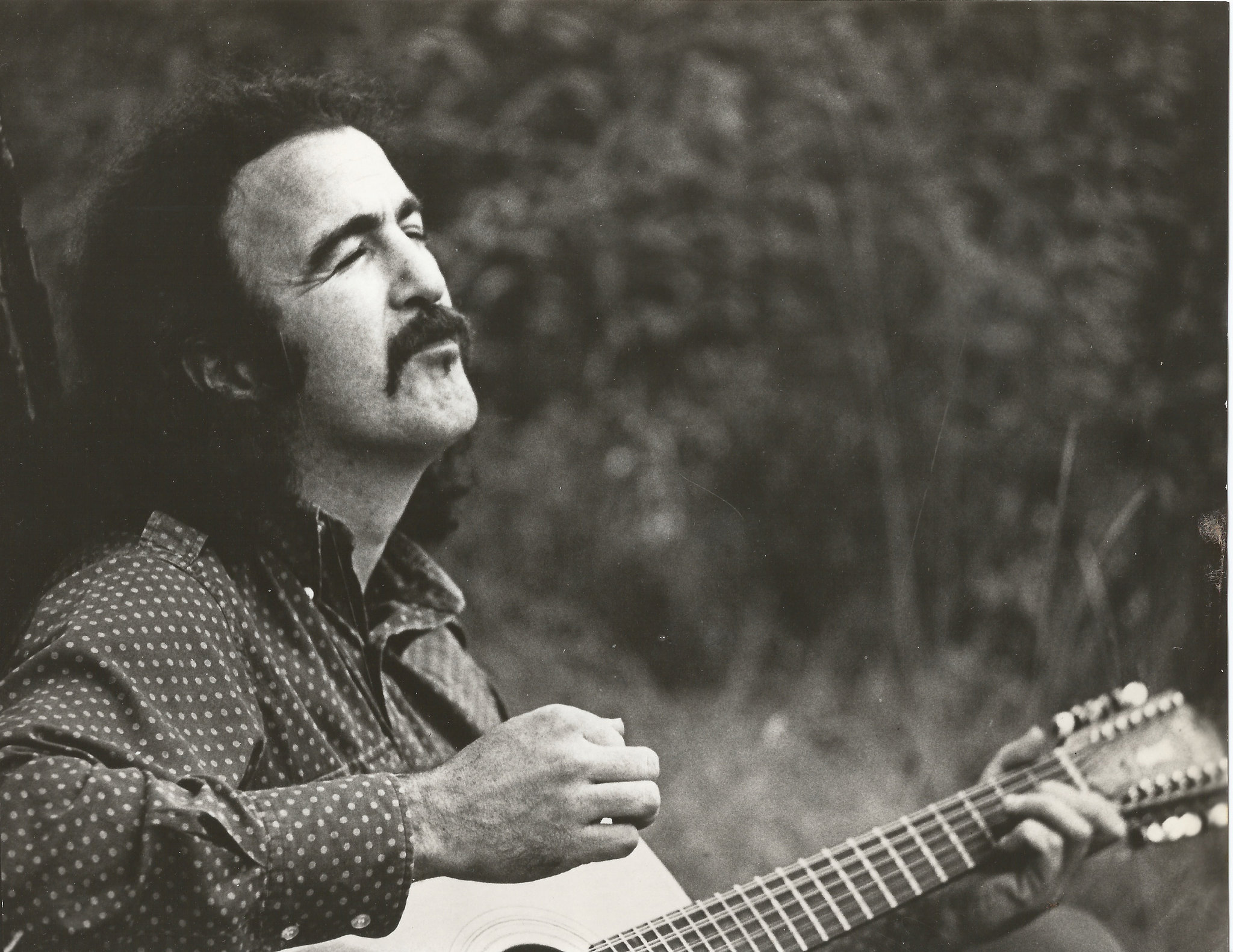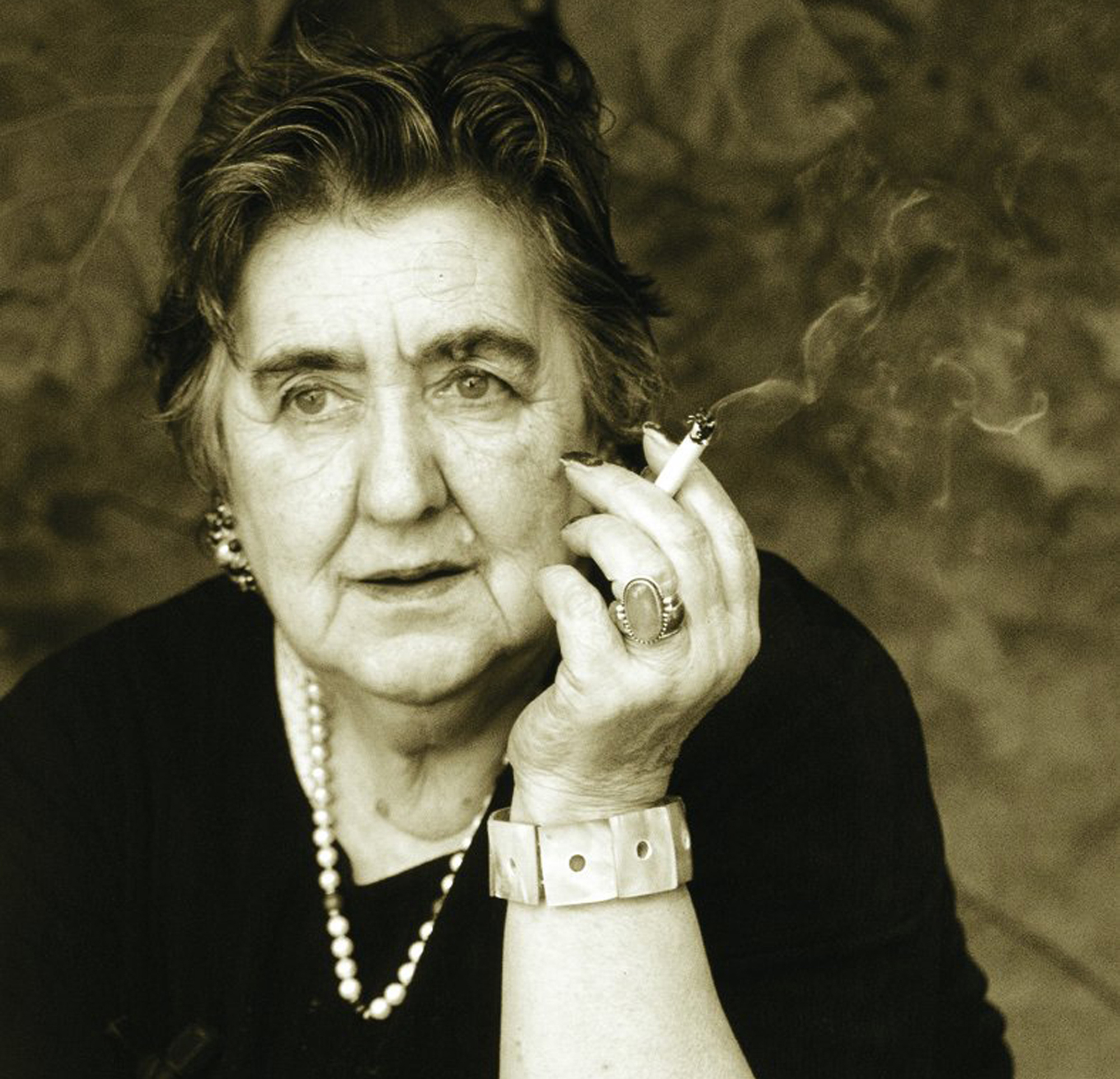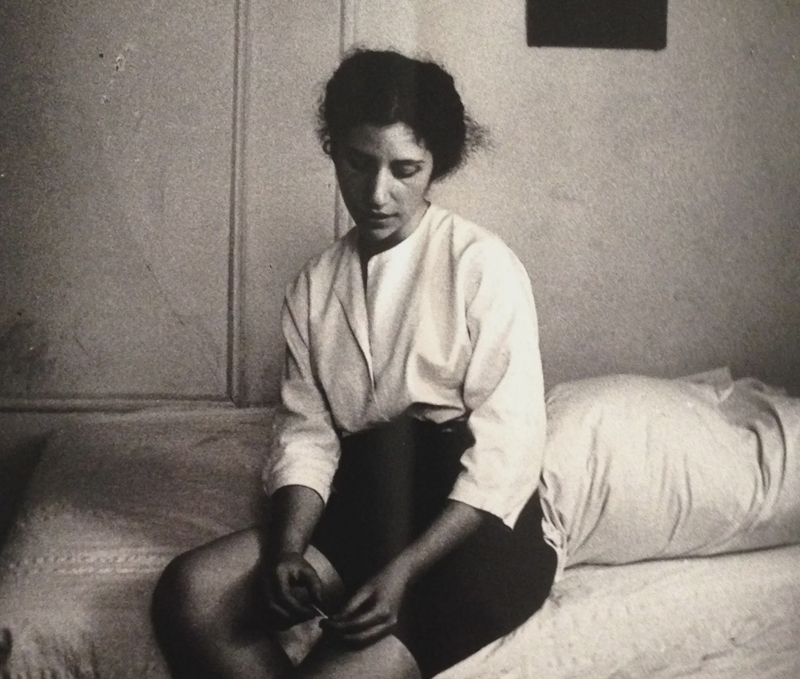For those seeking freedom
- It was before the hippies. Before the start of the anti-Vietnam War movement. Even before the Vietnam War: American writer Jack Kerouac ended his novel On the road in 1951, although it was not published until 1957. It had a great influence on the American literature (first) and the world literature (shortly thereafter), one of the central counterculture works bihurtzeraino.Eta that would later become very strong and that now, finally, we will be able to read in Basque.

When in 2016 Pasazaite Publishing House published I will never again make a seemingly funny thing about David Foster Wallace, we were aware of: The editorial specializing in import books On the road by Jack Kerouac planned to publish in Euskera in the “43 Ipar Paraleloa” collection dedicated to American writers. And the teeth started to sweat because it's one of the mainstays of the 20th-century American novel. Once we knew that plan, we were not satisfied until we had it in Euskera, we asked ourselves every day “Where is Jack Kerouac?”, like the Beti Mugan group in that song, until we could see this year’s Literature program. Finally, on 26 May it was presented in the Garoa library, on the road.
It has been translated by Iñigo Roque and we talked to him before the Zarautz quote, to ask him why the book that was announced two years ago will now be published: Has any bad signal taken you down the wrong road? “I should say that it has been to extend joy, but it has not been so,” he explains. “Let’s say that the speed limits of the time literary translator are narrow and that I have suffered several breakdowns along the way. The book has to hit you in a single stroke; it has to represent a stream of one breath; it has to take you fast across the American continent; in a wild ‘crazy whirlpool’, according to Kerouac. And for that you can't get out of the right tone, and that requires calm, and I, in a way, haven't been able to finish the job until I find that calm."
Kerouac will be the first reading option in Basque. Even if it sounds like a lie, no one before Roque has dared his prose. We wanted to know whether that is a problem for a translator or, on the contrary, whether he has been allowed to play more freely. The Portugalete translator tells us a curiosity: “I blindly spoke to Beribilez de Jean Etxepare for the instrumentation of language, knowing that there is always something learned in it, and I did not make the mistake.” The books of the doctor of Aldude are a box full of surprises, but also with your help, is Kerouac Kerouac and to translate some passages you have to squeeze your head: “The hardest workshop has been detailed descriptions of jazz concerts, almost to the last drop of sweat from the drums. There, yeah, the rhythm, the vitality, the collective madness -- you had to pick it up and feel it all." Anyway, he is satisfied with the result; and in the last readings, the Basque version has seemed “as nice as putting a record”.
In search of personal freedom
But what is on the Highway? Well, the reference work of the beat generation: Beatnik was a 1950s phenomenon, to the point of turning his hat, his round sunglasses, his long neck t-shirts and his black clothes into the stereotypes of the old counterculture. They brought to the literature a new attitude, even beyond the literature: Tired of the American conformist society, several young Americans started looking for new ways of life, values such as sexual freedom, drugs, culture and philosophy of East Asia… all at the rhythm of jazz music.
Boring from the American conformist society, it was a reference novel for young people who started searching for something else.
“It is precisely the search for personal freedom that is proposed in the book,” explained Roque. “I don’t know if that’s had a very good reputation among us,” he added. “As Rikardo Arrangi wrote to Aresti: ‘The people of the Basques put their hope in being a herd’. Similarly, for the translator, Sal Paradis, the protagonist of the novel, the character representing Kerouac, has an intense internal conflict between the desire for freedom and the need to please his aunt/mother. Here's the key to the novel, as Roque says: “On the one hand, we cannot liberate ourselves and, on the other, we have to drink the world of Moriarty/Cassady, without morality or regret.”
Dean Moriarty speaks of the character: with that pseudonym appears in the novel Neal Cassady, a key figure of the beat generation. Both, Kerouac and Cassady, are caught in the back in the covers of Highways publications in different languages of the world. Cassady greatly influenced Kerouac's writing, as he showed him a new attitude to stand on white paper. Under his influence he changed his style, moving from the most sentimental writing he showed in his first novel, The Town and the City, to a “crazy Estasian race.” The change made him convinced: for three weeks he wrote the first version of Highways, in continuous paper, with a total of 36 meters of text, created in full force and later, for publication as a novel, molded – the original is also published in English, coinciding with the 50th anniversary of the novel.
Few Beats in Euskera
This translation will fill a great gap and perhaps open a way for the works of other significant writers of the same time to be published in Basque as well. Allen Ginsberg or William S. We tell Roque that no Burroughs book has ever returned: “The Ginsberg Ulu was translated by Harkaitz Cano (he is in Spider), and yes, there is not much. The Burroughs literature has entered the jonkie, and in ours, of course, they have hardly had any place... I think we have been so far away from such vivifying, perceptual and, at times, pathetic attitudes”.
In any case, the translator invites us to go a little further than the literature of the time: “There is an interesting collection of female poets, entitled Beat Attitude; beautiful essays and fictions by Kenneth Rexroth; Ringolevio by Emmet Grogan (a crazy pleasure finder like Moriarty on the Highway)…”. Roque also has a proposal for those who want the new resonances left by Kerouac: “The other day, while I was reading Robert Macfarlane’s wonderful The Old Ways, I met Kerouac again: ‘In the evening came the campanile cold of the horse’s censuses. "What did Kerouac say?" asked Jon, before we all went to the stores. “We lasted by the rivers to make ourselves heard.”
Ereserkiek, kanta-modalitate zehatz, eder eta arriskutsu horiek, komunitate bati zuzentzea izan ohi dute helburu. “Ene aberri eta sasoiko lagunok”, hasten da Sarrionandiaren poema ezaguna. Ereserki bat da, jakina: horra nori zuzentzen zaion tonu solemnean, handitxo... [+]
Adolfo Bioy Casares (1914-1999) idazle argentinarrak 1940an idatzitako La invención de Morel (Morelen asmakizuna) eleberria mugarritzat jotzen da gaztelaniaz idatzitako literatura fantastikoaren esparruan. Nobela motza bezain sakona da, aparta bere bakantasunean, batez... [+]
Ekain honetan hamar urte bete ditu Pasazaite argitaletxeak. Nazioarteko literatura euskarara ekartzen espezializatu den proiektuak urteurren hori baliatu du ateak itxiko dituela iragartzeko.
Aste honetan aurkeztu da Joseph Brodskyk idatzitako Ur marka. Veneziari buruzko saiakera. Rikardo Arregi Diaz de Herediak itzuli eta Katakrak argitaletxeak publikatu du poeta errusiar atzerriratuari euskarara itzuli zaion lehen liburua.
"There were women, there they were, I met them, but their families locked them in the mental hospital, put them in electroshock. In the 1950s, if you were a man, you could be a rebel, but if you were a woman, your family would lock you in. There were some cases, and I met them... [+]
Gauza garrantzitsua gertatu da astelehen honetan literatura euskaraz irakurtzea atsegin dutenentzat: W. G. Sebalden Austerlitz argitaratu du Igela argitaletxeak. Idoia Santamariak egindako itzulpenari esker, idazle alemaniarraren obrarik ezagunena nobedadeen artean aurkituko du... [+]









